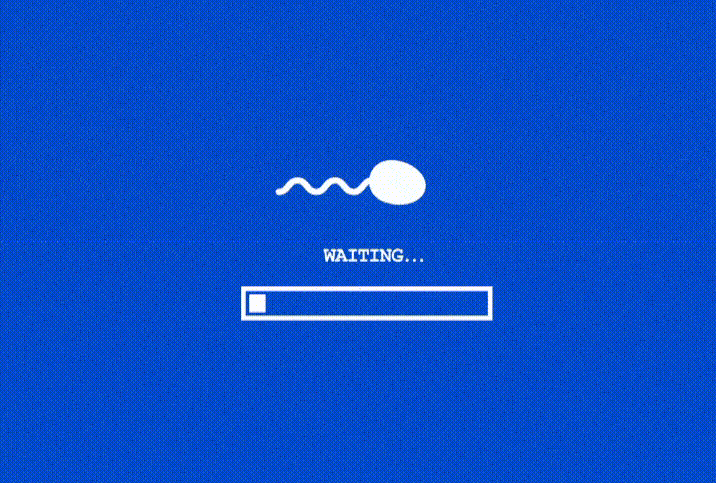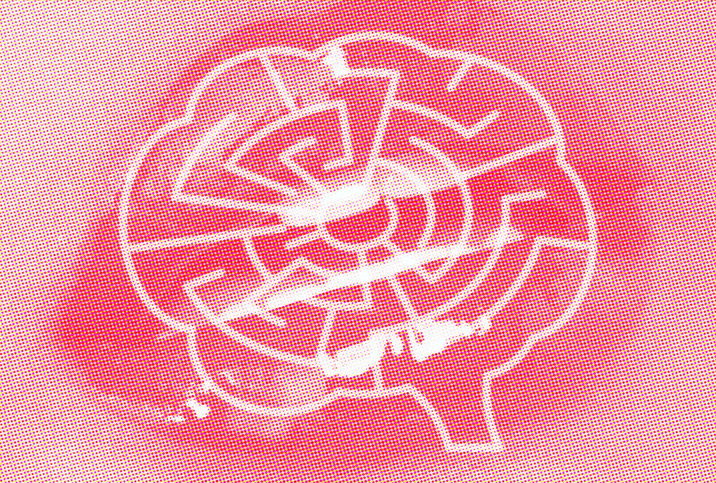Please Stop Believing These Delayed Orgasm Inaccuracies

Sex should feel good for all involved. But taking longer than you'd like to orgasm and ejaculate can cause feelings of disappointment and frustration. You might start to worry there's something physically or emotionally wrong with you.
The irony is that when you're aware of the problem, you may start to overthink it, which can create a cycle where delayed orgasm becomes the norm because you're distracted. The more you worry, the more difficult it may be to enjoy sex.
Unfortunately, the internet is a depository for misinformation, so don't seek treatment for delayed ejaculation on social media or blogs. There are many different causes of delayed orgasm, and they are far less exotic than what you read online.
Inaccuracy #1
Ejaculatory disorders are the only cause of delayed orgasm
Many ejaculatory disorders have been identified. The most common conditions are premature ejaculation, retrograde ejaculation, delayed ejaculation and anejaculation, which is an inability to ejaculate semen.
Orgasm and ejaculation often occur simultaneously, but not always. Delayed orgasm may be a separate problem linked to an underlying health issue, such as diabetes or Parkinson's disease, or it may be a side effect of certain medications, according to Diana Londoño, M.D., a urologist in Los Angeles and the founder of Physician Coach Support.
Antidepressants, such as SSRIs (selective serotonin reuptake inhibitors), are often prescribed to treat depression, but they can interfere with sex drive. SSRIs are often given to patients with premature ejaculation to help delay it, but ironically, this may lead to delayed orgasm in some cases, Londoño explained. Clomipramine, a medication used for sleep disorders and obsessive-compulsive disorder (OCD), may also cause delayed orgasms in some men.
Any medication can have side effects. You should discuss this with your doctor, who may be able to prescribe an alternative medication with fewer side effects.
In addition to drug side effects, other contributors to delayed ejaculation include medical conditions, such as neurological injury or dysfunction, a hormonal imbalance like low testosterone, and prostate surgery, according to Anika Ackerman, M.D., a urologist with Garden State Urology in Whippany, New Jersey.
Stress, anxiety and drinking too much alcohol can also affect your sex drive and lead to delayed orgasm.
It's essential to get to the root cause so you can get the correct treatment; otherwise, it's unlikely the condition will improve.
Inaccuracy #2
Delayed orgasm is always a physical problem
Any changes in libido or sexual performance should be discussed with a doctor. Be aware, however, that delayed orgasm isn't always a sign of a health problem. In some cases, there's an emotional cause or trigger. Relationship problems or religious and cultural beliefs may lead to delayed orgasm, Ackerman said.
Research shows that men with delayed orgasm may experience anxiety and frustration, which can lead to issues such as loss of sex drive and performance anxiety. Ackerman explained that performance anxiety could, in turn, lead to difficulty orgasming.
Having a conversation with your sexual partner about sex and your feelings toward it could be beneficial for both parties. Emotional support and reassurance from your partner can ease the pressure you may be experiencing during sex. If there are ongoing issues or conflicts in the relationship, couples counseling may help.
Exploring new sexual positions or focusing on other types of sex can help with some psychological causes of delayed ejaculation and help you reach orgasm sooner. This is especially true if you feel like sexual intercourse has become routine.
Inaccuracy #3
The disorder indicates a lack of attraction
Contrary to what some people believe, delayed orgasm isn't usually linked to a lack of attraction to a sexual partner. Many men with delayed orgasm may be having emotional issues, such as chronic stress, performance anxiety and depression, that can make it more difficult to orgasm.
That doesn't mean sex and intimacy can't be pleasurable for both partners.
"There is too much emphasis on finishing, and sex can still be enjoyed without it," Ackerman said.
"I think, as with anything with life, it is not the circumstance but how we react to it that is important to be aware of," Londoño explained.
Routinely experiencing delayed orgasm is often an indication that something is wrong. It could be your health, medication side effects or stressors that need to be addressed first.
Inaccuracy #4
Sex doesn't feel good
Delayed orgasm isn't an indicator of a lack of attraction, nor does it indicate sex isn't enjoyable. To many men with delayed orgasm, sex still feels good; it may simply last longer than intended.
This could be a good time to explore other types of intimacy and sexuality, Londoño said. Besides penetrative sex and ejaculation, you could try using sex toys, hands, lips and tongue to have a pleasurable experience without the pressure of orgasm.
Trying new things in the bedroom can trigger new feelings of excitement and enjoyment, which serves as a reminder that sex doesn't always have to end in orgasm.


















